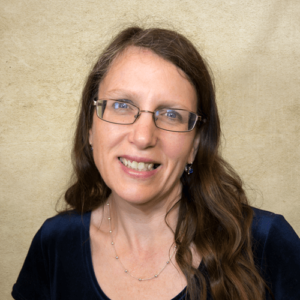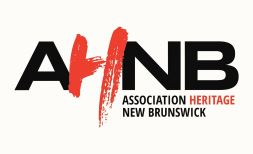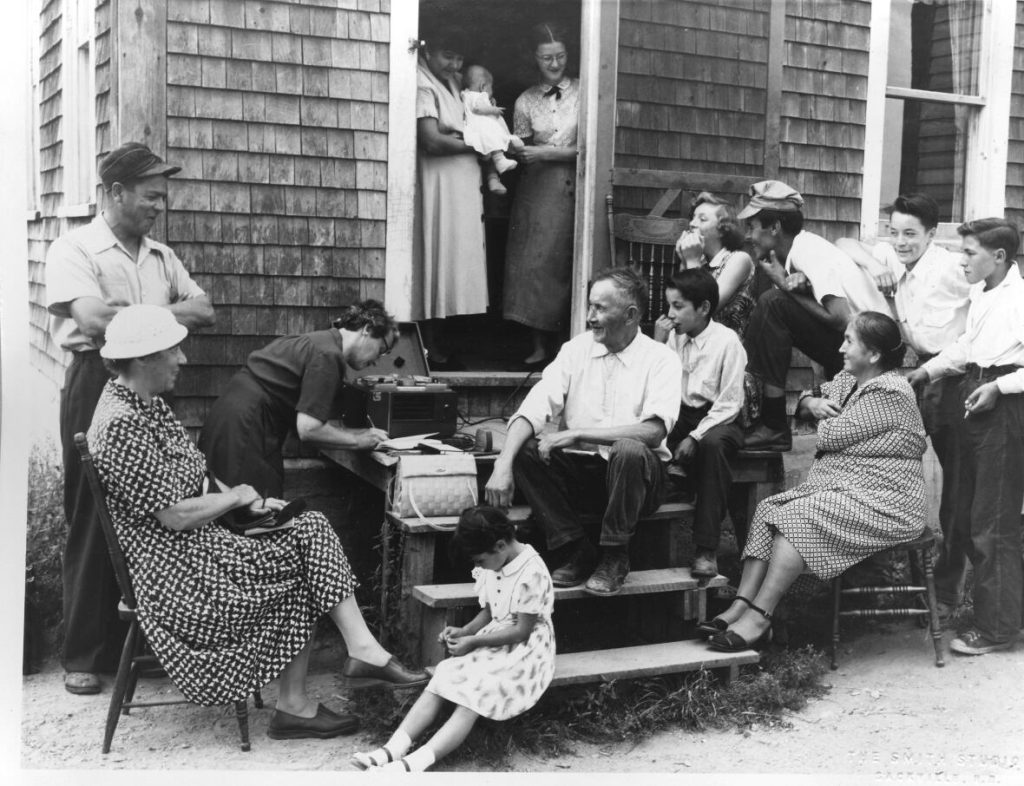 By Evelyn Fidler, Kings Landing
By Evelyn Fidler, Kings Landing
New Brunswick is rich in oral history. It was often the only way we had to pass down our stories. We still have these stories today and historians are keen to use them to further the study of our past. Oral History accounts can be a valuable resource when researching an historical topic. Often it is the only account of an event that occurred in the past.
Oral history must be weighed as a reliable source with the same scrutiny given any historical evidence. Oral history narratives are concrete and immediate, but we must be careful about taking them literally. Just because someone says it is true doesn’t mean it always is and just because someone was there doesn’t mean they understood what happened.
To use an example, in 1960 John F. Kennedy became President with just 49.7 percent of the total vote. After his assassination, over two thirds of Americans remembered voting for him.1 Facts versus memory.

As we record oral history and use it in historical research, we need to ask ourselves some key questions.
Is the narrator reliable and is the account verifiable? Does he/she have a personal stake in presenting a certain version of the event? What was their physical and /or mental state at the time of the interview and at the time of the event they are recounting? What is the attention and care that the narrator brings to the interview? What is the internal consistency of the account (Do they contradict themselves during the interview)?
To test the reliability of the account, you can compare it to other interviews and related historical documents on the same subject.
If in conflict or incompatible with other accounts, you must account for the disparities, did the interviewees have different agendas, were the written sources biased or limited? Could intervening events have influenced later memories?
Oral history has more validity if the event occurred during the lifetime of the person recounting it, if they were there and not just recalling someone else’s memory of being there.2 The important thing to remember is that oral history provides insights, not facts. What if the oral history is the only account of an event or person? We can use it, but we need to make a disclaimer and let the audience or visitor make their own assumptions based on their ability to perceive the value of the account.
Oral history is a rich source. Stories are told by someone who has a personal part in the narrative. Some of these stories are painful to tell and the interviewer to hear. They can add rich content to other historical sources such as documents and publications (which in themselves are not highly reliable) and artefactual evidence. Oral histories, whether through narrative or music, are an integral part of New Brunswick’s past, present and future.
Evelyn Fidler is the Collections Manager at Kings Landing Historical Settlement. She has been involved with the museum community for 35 years. She completed her undergrad at Acadia University before finishing graduate studies at the University of New Brunswick. After completion of her graduate degree in History, with a Post Graduate diploma in Material History, she was hired by Kings Landing in various capacities until her current position as Collections Manager. Evelyn is on the board of the AHNB and CANB (Council of Archives New Brunswick). She has completed a course at in Collections Management at the University of Victoria and is a certified Archives Appraiser through the National Archives Appraisal Board.
1 “Interpreting Oral History.” http://historymatters.gmu.edu/mse/oral/interpret.html (accessed November 28, 2019)
2 Marsha McDowell, “Collecting Stories: The Oral Interview in Research”, http://www.historicalvoices.org/spokenword/resources/collectingohistory.php (accessed November 28, 2019)



